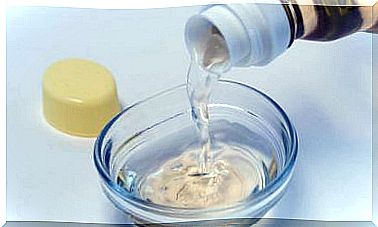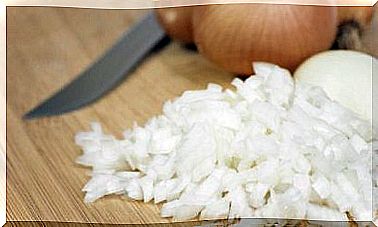How To Treat Dysphonia?
Dysphonia is a condition of the larynx, which can be the consequence of a functional or organic disorder, the main characteristic of which is the loss of normal ringing. Thus, it is distinguished from aphonia, which is the total loss of the voice.
People who have to strain their voice for long periods of time are the most likely to suffer from this condition. In fact, there are studies that directly point to certain types of professionals, such as teachers and professors. On the other hand, a very interesting question has emerged: the majority of those affected are women. However, this does not mean that anyone else does not suffer from dysphonia.
Possible causes
Even though the aforementioned trends may provide some valuable information when evaluating the case, the truth is that dysphonia does not have a single specific cause. It can be produced by various factors that can be of organic or functional origin, as we mentioned earlier. Let’s look at this in more detail below.
Organic:
- Cysts
- Nodules
- Polyps.
- Edema.
- Colds
- Arytenoid ulcer
- Hormonal dysfunction
- Benign vocal cord lesions.
- Congenital diseases of the larynx.
- Laryngitis, including that caused by gastric reflux; among other.
Functional:
- Bad vocal technique (incorrect use of the voice).
- Excessive use of the voice.
- Muscle tension.

Treatments for dysphonia
Depending on the causes of dysphonia, medical treatment will be one or the other. However, in general, vocal rest and correction of bad habits in vocal use are prescribed.
If the dysphonia is caused by nodules or edema of the vocal cords, speech therapy may be considered .
In some cases, when the problem is greater, the treatment may be surgical.
It should be noted that in the case of organic dysphonia, a specialized diagnosis and treatment is necessary.
Is there any other treatment?
Despite the fact that proposals for natural remedies have been disseminated, such as the consumption of infusions, smoothies (mainly fruit), or gargling (with bicarbonate, lemon juice, sage and other herbs) to date, it has not been It has been found that they can actually promote relief or cure dysphonia. The same goes for the recommendation to blow soap bubbles.
Therefore, it is best to follow the doctor’s guidelines and give the vocal cords due rest to avoid straining them and suffering discomfort.









